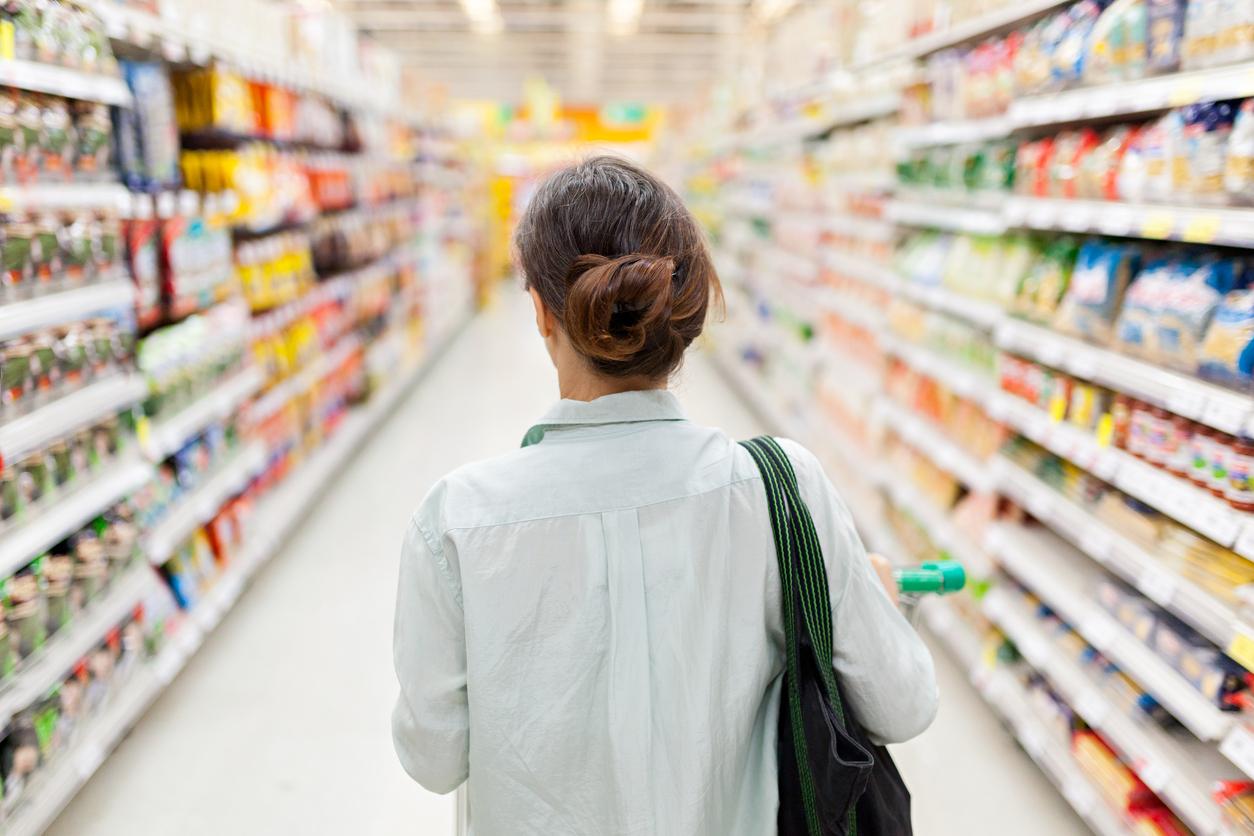Brexit: More than 80% of UK consumers are concerned about price rises on goods and services
Nearly 50 per cent of British consumers believe that Britain’s decision to leave the EU will have a negative impact on the cost of living in the UK,

British shoppers are bracing for an expensive future following the UK’s vote to leave the European Union, according to a new report.
Mintel's British Lifestyles report, a survey which is in its 27th year, tracks consumer spending across all major markets.
It found that more than 80 per cent of UK shoppers fear price rises on goods and services after Brexit, with 59 per cent specifically worried about the mounting cost of groceries.
More than a third are worried about the climbing cost of holidays and 26 fear that clothes prices will also rise.
Nearly 50 per cent of British consumers believe that Britain’s decision to leave the EU will have a negative impact on the cost of living in the UK, with the figure unchanged from when the question was first asked in July 2016, in the immediate aftermath of the referendum.
However, attitudes towards Brexit’s impact on the economy appear to have softened, according to the survey.
Some 31 per cent of consumer – down from 39 per cent in July last year – now believe the vote will have a negative impact on the UK’s economic growth.
Jack Duckett, a senior consumer lifestyles analyst at Mintel, said the research underlines consumer concerns over post-Brexit price rises.
He said: “Mintel research underlines particular concern about the rising cost of in-home food, and inflation is undoubtedly going to squeeze household budgets.”
“However, broader consumer confidence is still relatively strong. Despite rising prices, most people still expect their finances to hold up well over the next year.
“Despite the current political uncertainty, Mintel revealed that consumer spending rose by 3.7 per cent last year to reach £1.2 trillion.”
Retail figures from the Office for National statics this week showed that sales jumped by 2.3 per cent in April, well ahead of expectations, reflecting good weather but also suggesting the UK consumer might be more resilient than feared.
But other analysts have warned that the retail sales figures, even with the agency's seasonal adjustments, are volatile and should not be taken as a sign that the consumer is in good health.
"The data often are volatile around this time of year, suggesting that the ONS’ adjustment methodology fails to adjust fully for the boost to spending over the holidays," said Samuel Tombs of Pantheon.
Inflation hit 2.7 per cent during the first three months of the year - its highest level since September 2013.
Most economists expect the squeeze on real household incomes this year to hit consumer spending, slowing the overall economy's growth.
Additional reporting by PA
Join our commenting forum
Join thought-provoking conversations, follow other Independent readers and see their replies
Comments